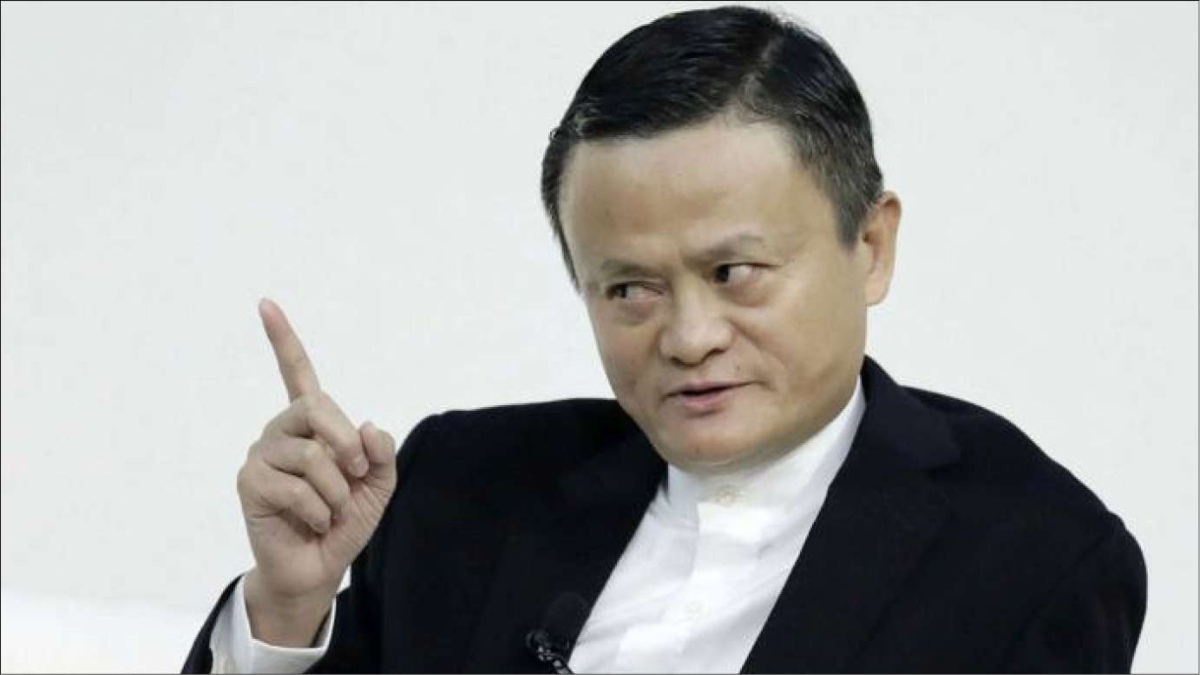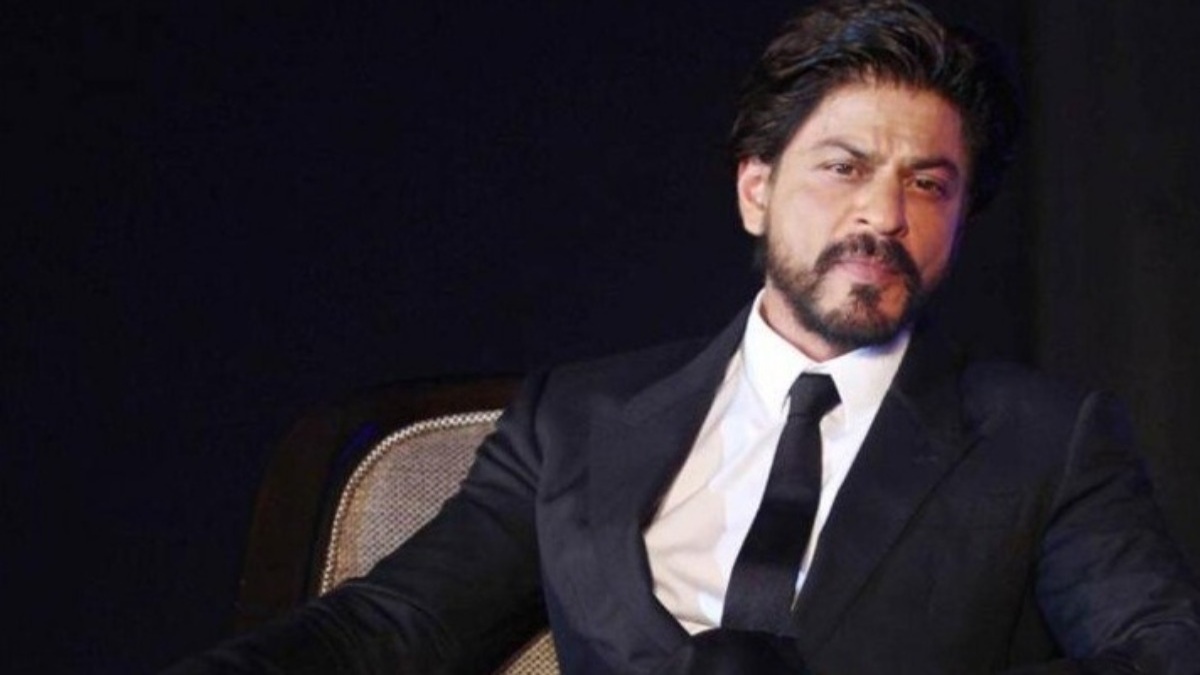
Billionaire businessman, investor, philanthropist, founder of the Ali Baba and Ant Group, Jack Ma has “disappeared”. Communist China’s capitalist face, an inspiration for entrepreneurs worldwide, one of the world’s richest and most powerful men, is “missing” for two months. In 2020, Jack Ma had criticised China’s regulatory practices by saying, “Today’s financial system is the legacy of the Industrial Age. We must set up a new one for the next generation and young people. We must reform the current system.” Post this, in November 2020, the launch of his Ant group’s IPO was scuttled by the Shanghai Stock Exchange. Western media reports directed their finger of accusation at Xi Jinping, saying that the Chinese President himself was responsible for this. Currently, both Ali Baba and Ant Group have been accused of indulging in monopolistic trade practices, because of which they are being investigated. And now Jack Ma appears to have gone missing. There is speculation that the hounding of Jack Ma is directed primarily against curbing his influence in the financial space of China and sooner or later he will appear in the public domain, suitably “chastised”; or perhaps mired in a corruption case and will then be acted upon the way many Communist Party members have been acted upon during the anti-corruption purge carried out by Xi Jinping. Whatever be the outcome of Jack Ma’s “disappearance”, his hounding is a brazen message to the world that in an authoritarian China, it is Xi Jinping who is the law and crossing him can have devastating outcomes, even for supposedly independent businesses and world-famous billionaire businessmen. This also can be seen in the context of allegations that companies operating from mainland China are being coerced to spy on entities they do business with internationally. In fact, it is being said that this is one of the reasons why many technology companies are keen to shift base out of China. No wonder there is speculation if Jack Ma refused to be part of Chinese spying efforts globally and was taught a lesson.
Whatever be the case, the bottom line is that this is trademark Xi Jinping. The gloves are off and this is a manifestation of the way Xi Jinping has been going around conducting business—with aggression, where even diplomacy is conducted by “wolf warriors”. From boat bumping and other incidents in South China Sea to getting into physical, and fatal clashes with Indian soldiers along the Line of Actual Control in Ladakh, to threatening Taiwan with invasion, trying to block sea routes, to capturing disputed islands, building military bases on such islands, the list of Chinese villainy is long—in fact much longer than what is mentioned here. And of course, how can we forget the spread of the coronavirus—either unwittingly or deliberately—to bring the rest of the world to its knees while only China flourishes? China under Xi Jinping believes its time has come, hence Deng Xiaoping’s advice “hide your strength, bide your time” can be jettisoned for good, as it plots to race past the US as the world’s sole superpower.
In fact, Xi Jinping’s action against Jack Ma’s companies is being correlated with his anti-corruption purge, starting 2012, when he was made General Secretary of the CCP. While getting rid of many corrupt elements in the party and government, the action was also seen as a means to surround himself with loyalists, eliminate all factions and take complete control of the party. This centralization of power in his hands has resulted in his absolute control over the military as well, and as experts have pointed out, President for Life Xi Jinping—he even changed the Constitution for this—may now be moving to bring “independent” businesses under his control, where no criticism will be tolerated and no Jack Ma will be allowed to become an influencer. It is a classic case of taking the cliché “might is right” to unimaginable extremes.
In short, the world is dealing with a megalomaniac, obsessed with grandiloquent dreams of reviving the Middle Kingdom—an era of imperialism, where sovereign nations are vassal states, paying tributes to the Emperor. The worry is, what Xi Jinping will do next as he tries to reshape the world with Chinese characteristics. In the hundredth year of the establishment of the Communist Party of China—established in 1921—how is Emperor Xi Jinping planning to establish his supremacy, build his legacy? What victory is he seeking and where? More importantly, whatever he does, what is the rest of the world doing to stop him? Signing business deals with him, the way some European nations are doing, or rubbing shoulders with him in RCEP, like Japan and Australia are doing? As this writer has questioned earlier as well, can trade be decoupled from issues of sovereignty and security, especially when China is a malevolent power? This is an answer the world needs to seek, and fast. As for Jack Ma, it is hoped that he returns to the public domain unharmed.















